Directory
- Share
John Becker
- Alumni
- New Zealand
- 2001 PhD Earth Sciences
- Corpus Christi College

John Becker
- Alumni
- New Zealand
- 2001 PhD Earth Sciences
- Corpus Christi College
Moritz Becker
- Alumni
- Germany
- 2001 PhD Computer Science
- Trinity College

Moritz Becker
- Alumni
- Germany
- 2001 PhD Computer Science
- Trinity College
Jessica Beckett
- Alumni
- United States
- 2002 PhD Archaeology
- Darwin College

Jessica Beckett
- Alumni
- United States
- 2002 PhD Archaeology
- Darwin College
Kevin Beckford
- Alumni
- United States
- 2011 MPhil African Studies
- Downing College

Kevin Beckford
- Alumni
- United States
- 2011 MPhil African Studies
- Downing College
I am pursuing an MPhil in African Studies. My areas of interest include: black transnationalism, political protest, and youth identity.
Sophie Beeren
- Alumni
- Australia
- 2006 PhD Chemistry
- St John's College
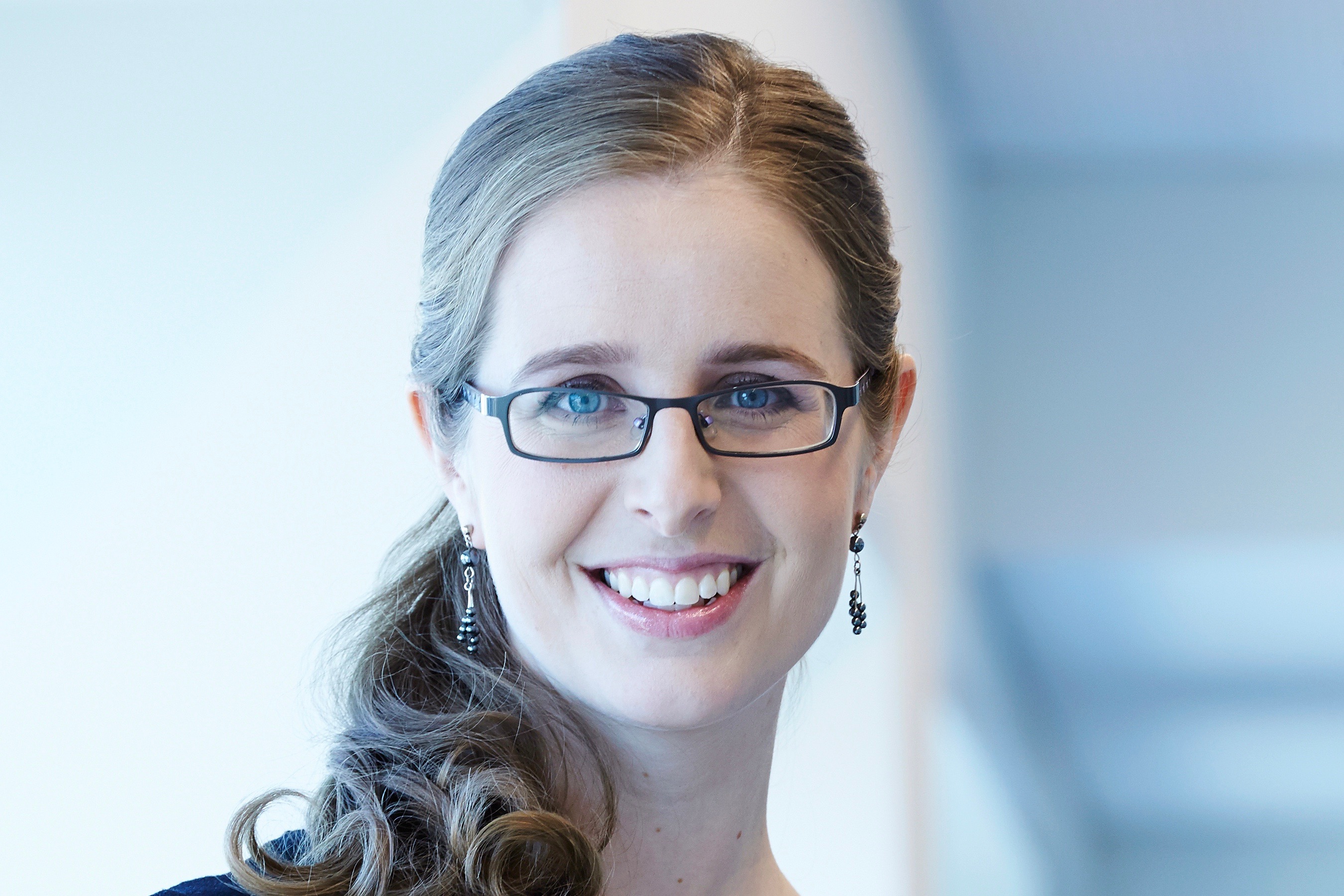
Sophie Beeren
- Alumni
- Australia
- 2006 PhD Chemistry
- St John's College
My research in the field of Supramolecular Chemistry - the study of how molecules interact, recognise one another, and organise themselves into well-defined functional assemblies. Studying in Cambridge gave me a wonderful opportunity to live and work with talented and ambitious people form all over the world. I now lead a research group in the Chemistry Department at the Technical University of Denmark.
Previous Education
University of New South Wales B.Sc Chemistry (Honours) 2005
Elizabeth Beiswenger
- Alumni
- United States
- 2003 MPhil Polar Studies
- Jesus College

Elizabeth Beiswenger
- Alumni
- United States
- 2003 MPhil Polar Studies
- Jesus College
Tanweer Beleil
- Alumni
- Sudan
- 2001 MPhil Medical Science
- St Edmund's College

Tanweer Beleil
- Alumni
- Sudan
- 2001 MPhil Medical Science
- St Edmund's College
Mohammed Uzair Belgami
- Alumni
- India
- 2018 PhD Social Anthropology
- Trinity Hall
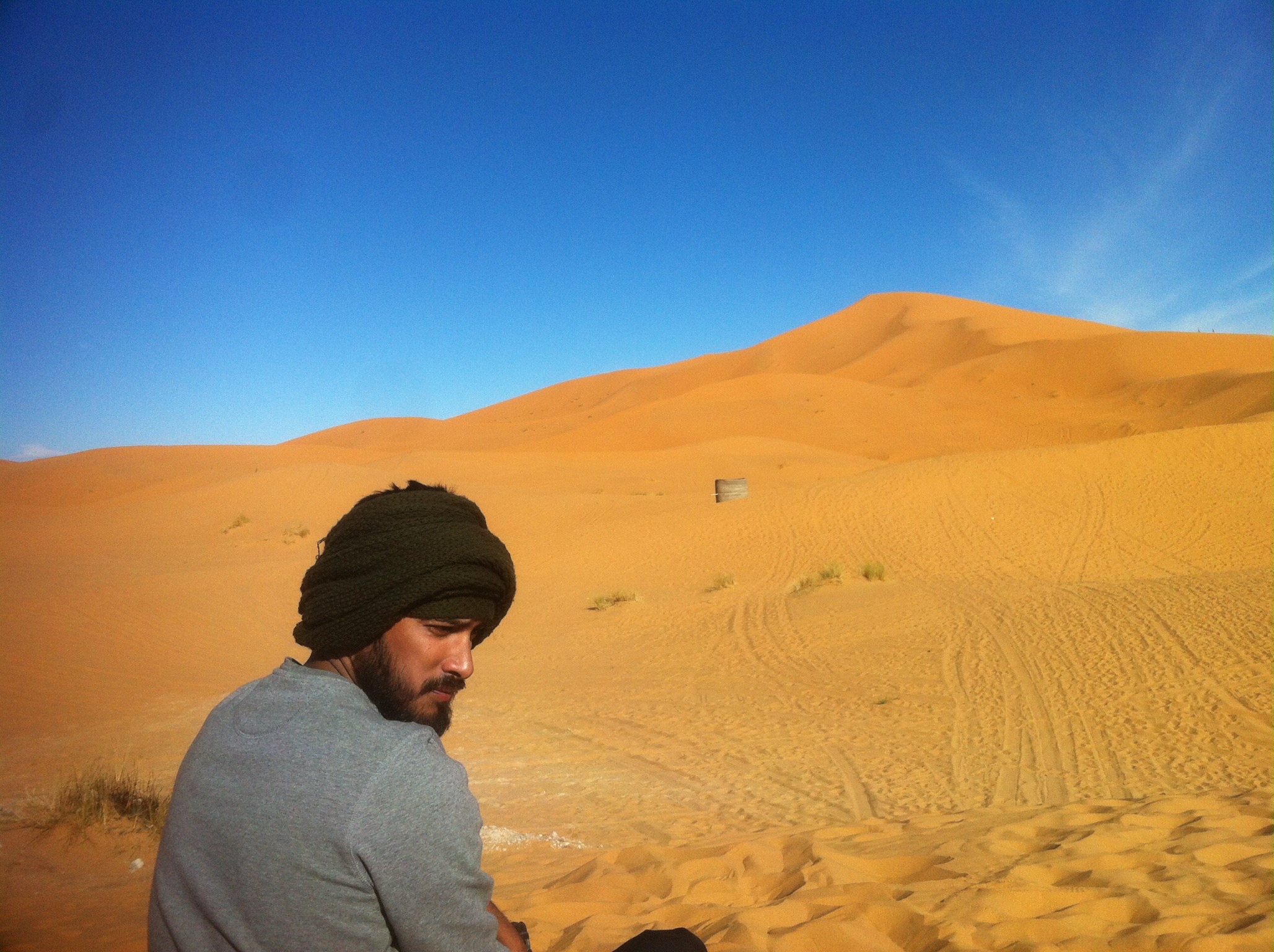
Mohammed Uzair Belgami
- Alumni
- India
- 2018 PhD Social Anthropology
- Trinity Hall
Having grown up in India and the UK, and living in different parts of the world to seek knowledge in subjects from the theoretical and practical sciences, with teachers in the Western and Islamic scholarly traditions, my current doctoral research project is concerned with exploring the constitution of 'ilm and an 'aalim, focusing particularly on bodies and language.
Adriano Bellotti
- Alumni
- United States
- 2017 PhD Engineering
- Darwin College
Adriano Bellotti
- Alumni
- United States
- 2017 PhD Engineering
- Darwin College
As an undergraduate at North Carolina State University, I began to appreciate the pragmatic perspective and mathematical methods of research in biomedical engineering, and I sought to apply this empirical approach to medicine. This lead me to pursue an MD-PhD dual-degree with the University of North Carolina in hopes of leading medical researchers in facilitating the translation of new treatments and technologies into the clinic. I am particularly interested in studying neurophysiology through computational modeling, specifically with regard to neuroplasticity in both a single neuron as well as across neuronal circuits. Gaining a basic mechanistic understanding of neuronal regulation has great implications for understanding and treating various neurological disorders and pathologies. The ideal solution to any illness, especially neurodegenerative diseases, involves input from all applicable fields, including basic science, clinical science, epidemiology, sociology, and psychology, among others. The Gates Cambridge community promotes collaboration across this wide range of disciplines, and I hope to apply my engineering background and clinical experiences to my graduate work and many future projects. With careful consideration of all these viewpoints, we can achieve our ultimate goal of providing the best possible patient care.
Previous Education
North Carolina State University
The University of North Carolina, Chapel Hill
Nadia ben Hassine
- Scholar
- Netherlands
- 2021 PhD Philosophy
- Jesus College

Nadia ben Hassine
- Scholar
- Netherlands
- 2021 PhD Philosophy
- Jesus College
My doctoral research examined a method of advancing social justice that has gained traction in both philosophy and activism: advancing social justice by changing language. For instance by banning derogatory terms, changing word-meanings, or coming up with new terminology. In my dissertation, “Corruptible Words: Essays on Social Progress and Linguistic Change”, I caution against efforts to change language before changing social practices. My thesis draws from a “use-theory of meaning”, according to which the meanings of our words come not from how they are defined or what they refer to, but from how they are used by a linguistic community. “Sorry” although defined as an apology-expressing term, is used in ways that go beyond its definition. In English, it is also used to ask people to move aside when they are in the way, or to express remorse (“I’m sorry that happened to you”). Stable patterns of use take the form of unwritten rules which encode the culture and practice of a community into language. Such rules arise as a result of our local practices and beliefs (our “forms of life”). These practices and beliefs give rise to certain “expressive needs”, needs to use words to navigate them. Applying this view of meaning to the suggestion that we need to change language to advance social justice, the following question arises: What happens if you take problematic words away, by tabooing them, for instance, while the practices that gave rise to them remain unchanged? My doctoral research argued that generating strong linguistic norms, norms which dictate how words can or cannot be used, without changing social practices and beliefs, runs a strong risk of driving a community’s expressive needs elsewhere, risking the concealment of problematic practices and beliefs. In response, my doctoral research has developed a novel account of the role language can play in advancing social change. By identifying patterns of word-use and investigating the practices and beliefs which give rise to these uses, words become a rich resource of information. Words mark where and how, in our social practices and beliefs, reform is required. Language, my doctoral research argues, is not a shortcut to social change, but an important source of information.
Previous Education
University of Cambridge Philosophy 2021
University of Amsterdam Philosophy 2020
Nathan Benaich
- Alumni
- Switzerland
- 2010 MPhil Biological Science (Genetics)
- St John's College
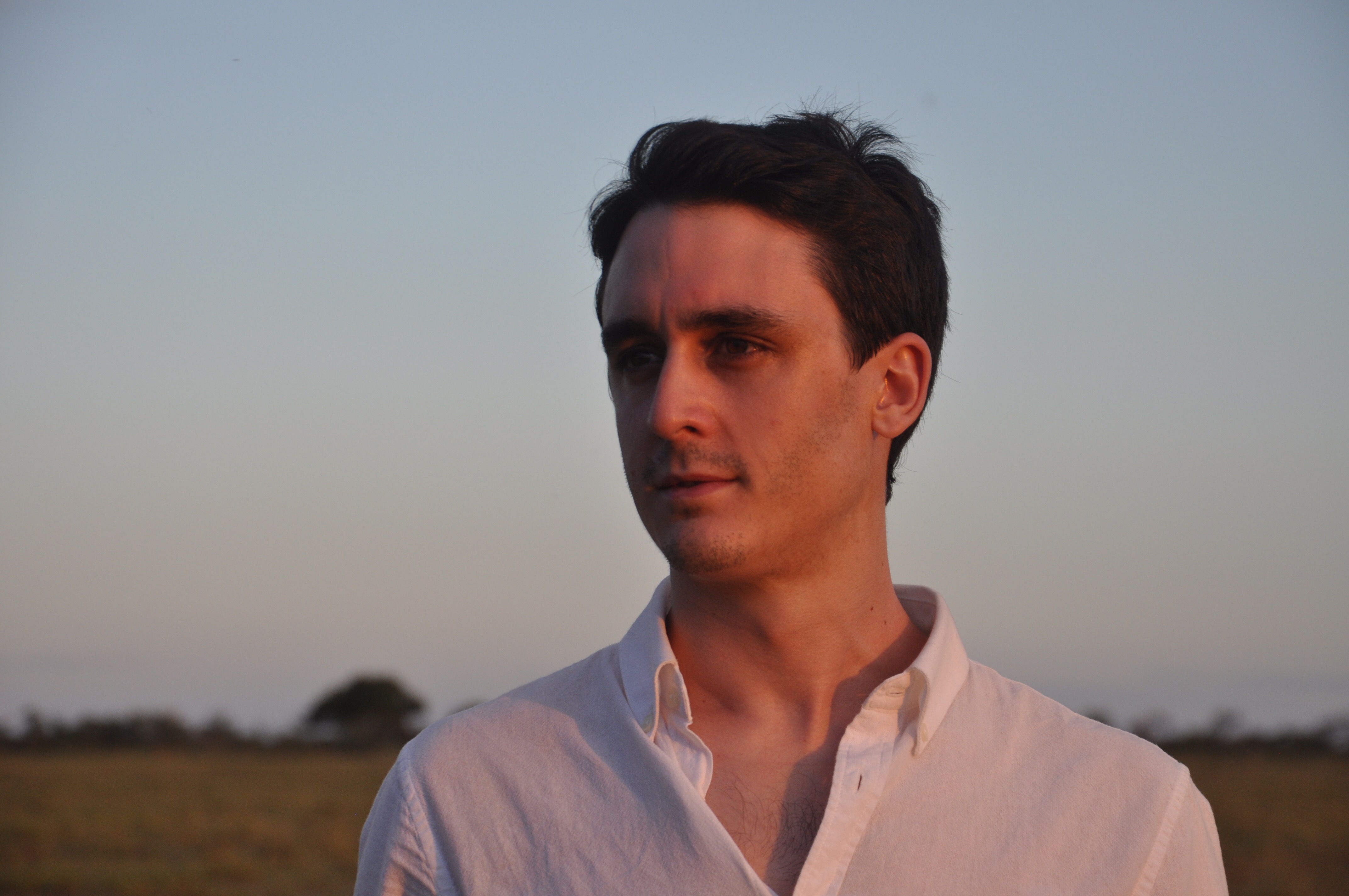
Nathan Benaich
- Alumni
- Switzerland
- 2010 MPhil Biological Science (Genetics)
- St John's College
I'm the Founder and General Partner of Air Street Capital, a venture capital firm investing in AI-first technology and life science companies.
Andreas Bender
- Alumni
- Germany
- 2002 PhD Chemistry
- Darwin College
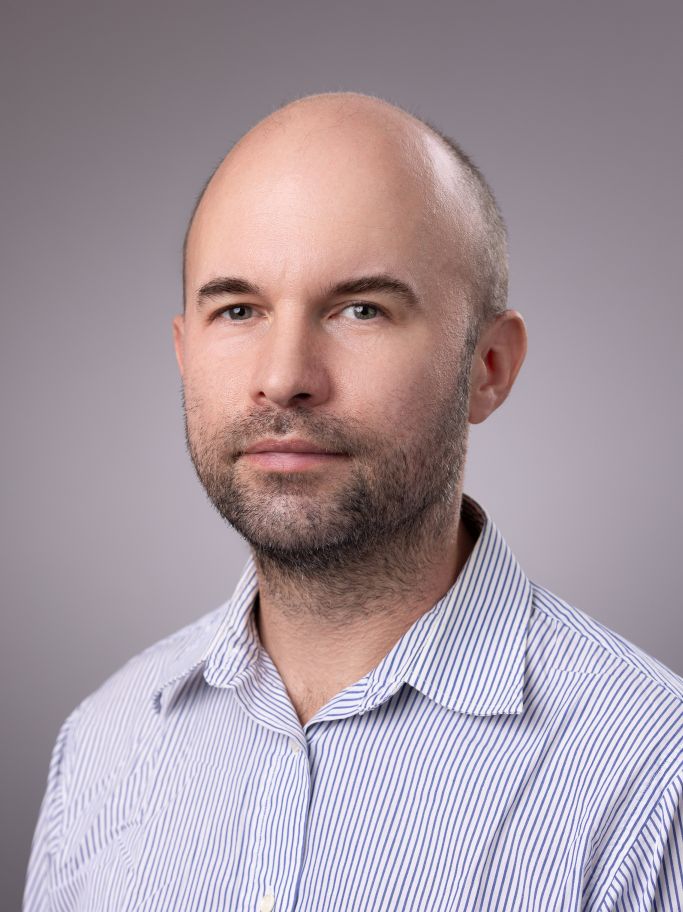
Andreas Bender
- Alumni
- Germany
- 2002 PhD Chemistry
- Darwin College
Computer-aided drug discovery is - potentially - able to shorten the development phase of new drugs and at the same time it reduces the number of animals used for experiments. Being on the borderline between computer algorithms and chemistry it is both exciting and "sensible" work to do and I am looking forward to having an enjoyable and fruitful time in the field.
Links
https://www.andreasbender.de
https://www.linkedin.com/in/andreasbender
Mia Bennett
- Alumni
- United States
- 2012 MPhil Polar Studies
- Fitzwilliam College
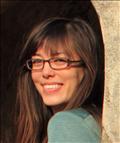
Mia Bennett
- Alumni
- United States
- 2012 MPhil Polar Studies
- Fitzwilliam College
I am an assistant professor in the Department of Geography and School of Modern Languages & Cultures (China Studies Programme) at the University of Hong Kong. Through fieldwork and remote sensing, I research the politics of infrastructure development in frontier spaces, namely the Arctic and areas included within China's Belt and Road Initiative. I also run a blog, Cryopolitics, which provides Arctic news, analysis, and travelogues.
Sean Bennett
- Alumni
- United States
- 2001 MPhil MPhil Musicology
2002 PhD Musicology - Wolfson College

Sean Bennett
- Alumni
- United States
- 2001 MPhil MPhil Musicology
2002 PhD Musicology - Wolfson College
Technological growth optimizing human experience while reducing information access barriers will ultimately lead to a more productive and satisfied world. Not limited to this technological interest, as former Chair of the Gates Scholar Council I have also explored published tenets about cross-cultural organizational behavior and politics, in the hope that creative solutions might emerge which reduce the usual bureaucratic boundaries which preclude the emergence of these technologies.
Lily Bentley
- Alumni
- Australia
- 2017 PhD Zoology
- Corpus Christi College
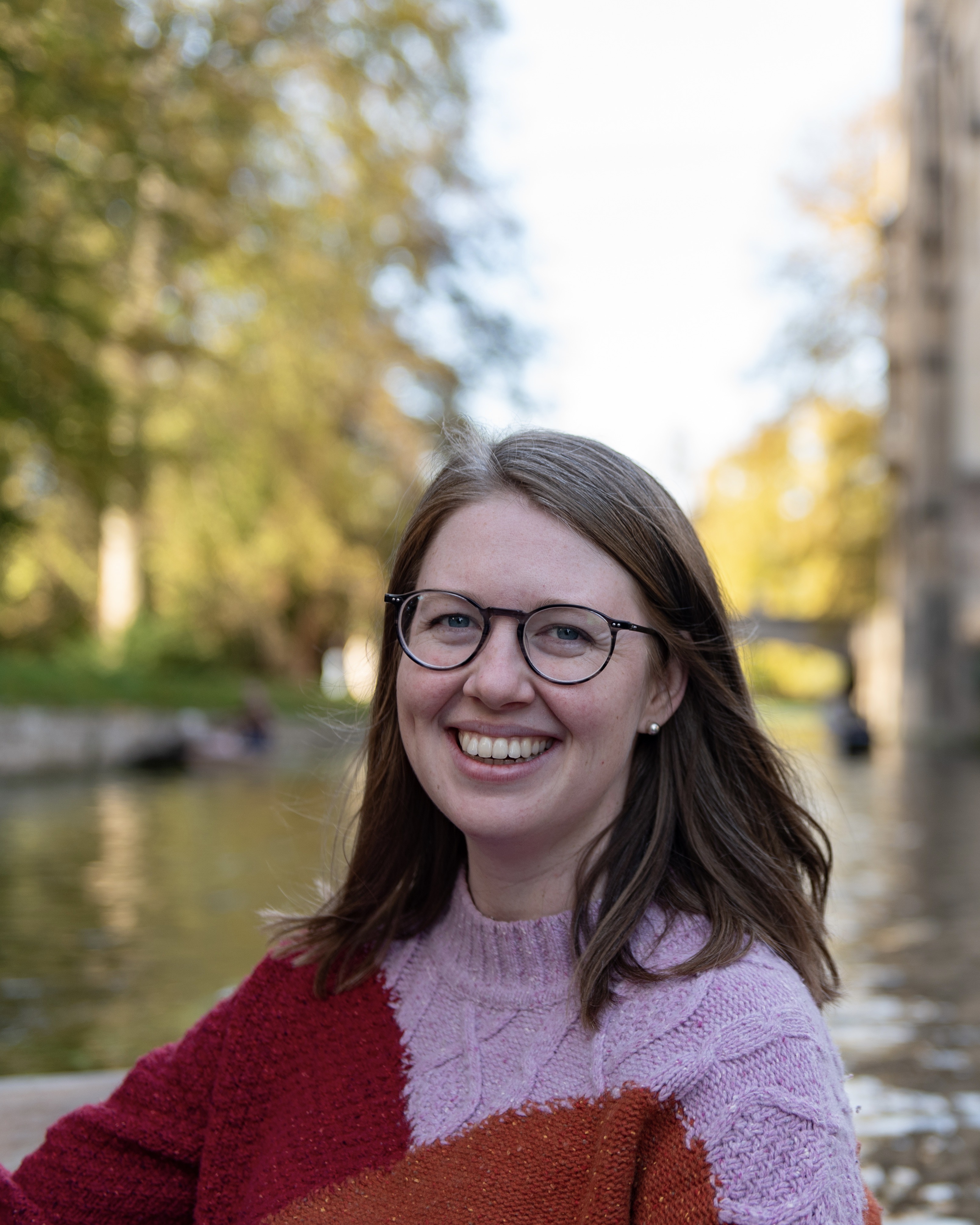
Lily Bentley
- Alumni
- Australia
- 2017 PhD Zoology
- Corpus Christi College
I grew up in Brisbane, Australia, surrounded by incredible areas of biodiversity, and was always asking questions about the animals around me. While working at RSPCA Queensland, I learned that as well as being critical parts of complex ecosystems, animals are individuals with unique personalities that influence how they move through the world. In my Honours study at the University of Queensland, I investigated the movement ecology and thermal physiology of salt water crocodiles, analysing over 9 million data points in R. It was here that I became fascinated by the insight we can obtain from remote monitoring of wildlife, and the challenges and benefits of analysing large, long term data sets. During my PhD in Zoology, I studied how antarctic seabirds use ocean habitat, to better understand polar ecology, to mitigate bycatch, and ultimately conserve these species. In addition to my academic interests, I am passionate about the value of outreach and education in the sciences. I believe that if we can better explain the excitement of scientific research to the wider community, we have a better chance of successfully implementing the policy changes needed to save endangered species and mitigate the effects of climate change. I am currently working as a Postdoctoral Research Fellow at the University of Queensland, developing new network models to understand marine migratory connectivity.
Previous Education
University of Queensland
Erta Beqiri
- Alumni
- Italy, Albania
- 2020 PhD Clinical Neurosciences
- Churchill College

Erta Beqiri
- Alumni
- Italy, Albania
- 2020 PhD Clinical Neurosciences
- Churchill College
Having graduated from the medical school in Padua I just specialized in anaesthesia and intensive care residency at the University of Milan. I see research to be an integral part of my development as a clinician. For this reason I undertook a research placement at the Brain Physics Lab at Cambridge University, where I assumed duties as a local coordinator of the COGiTATE clinical trial. I got involved in several analytical projects on cerebral blood flow autoregulation (CA) monitoring and intracranial pressure waveform analysis for which I have been awarded with a scholarship by CENTER-TBI. A need for personalized medicine is increasingly acknowledged. In particular, individualized management of traumatic brain injury (TBI) based on continuous monitoring of CA has attracted a lot of attention in the neuro-critical care community. My PhD project will aim to improve measurement, understanding and visualisation of the dynamic profile of CA at the bedside, integrated with assessment of its determinants, ultimately facilitating better informed recommendations for individualised management of TBI potentially leading to improvement of outcome in this group of patients.
Previous Education
Universita Degli Studi di Milano Anestesia e rianimazione 2020
University of Padova Medicina e Chirurgia 2013
Paul Bergen
- Alumni
- United States
- 2013 PhD Pathology
- Churchill College
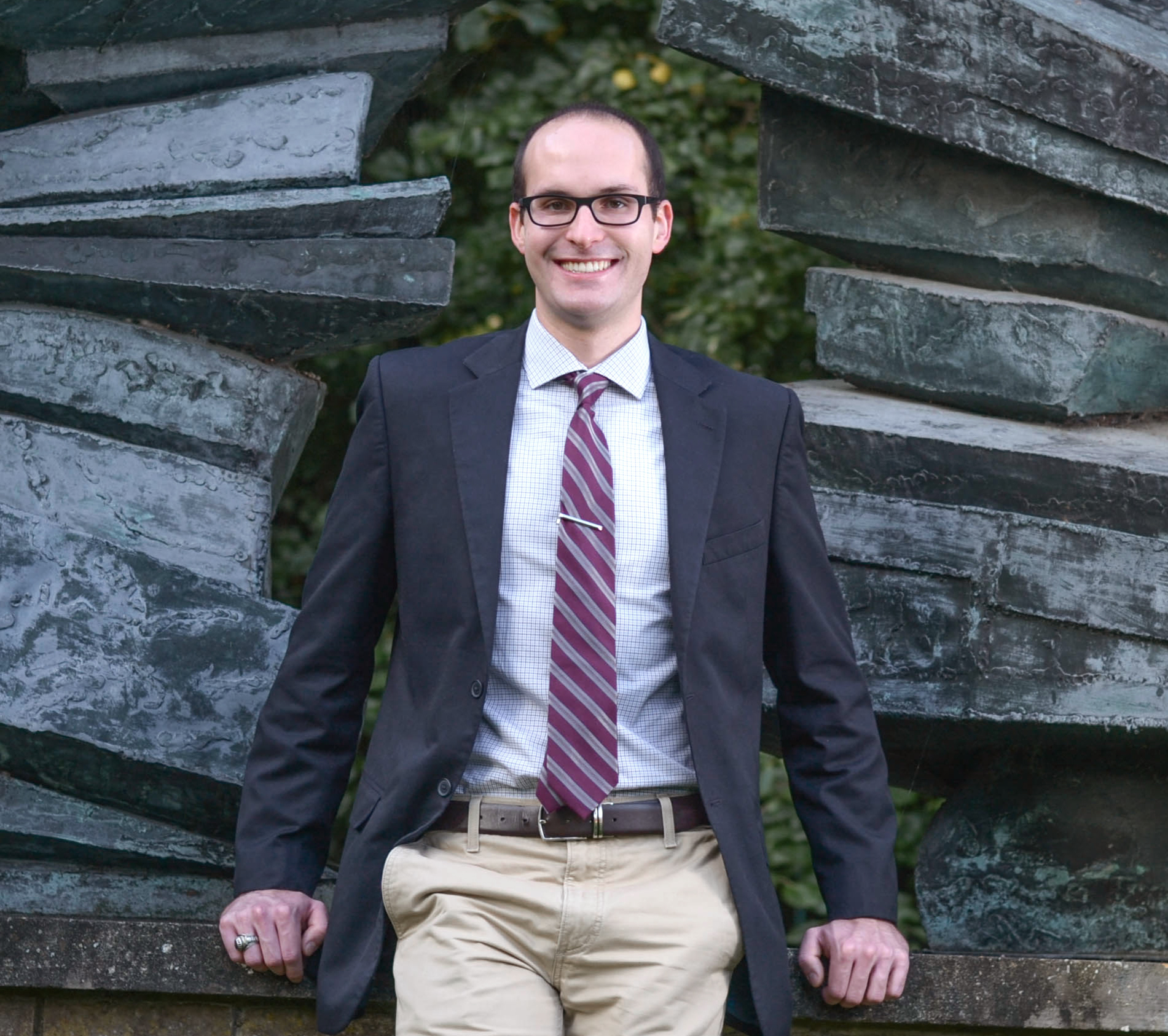
Paul Bergen
- Alumni
- United States
- 2013 PhD Pathology
- Churchill College
I work as a management consultant with a focus on healthcare, mostly in life sciences. My work uses a variety of data sources to understand customer needs and improve my client's efforts toward patient centricity in the products and services they offer. I'm a passionate believer that analytics and human-centered design should inform strategy.
I also am a leader in my firm's internal think-tank, focused on tackling big topics that impact people's healthcare. We leverage a variety of data sources and market research from around to world to study topics in public health, healthcare disruption, digital transformation, and medical development.
Previous Education
Auburn University BS Microbiology/ BA German 2012
Anais-Marie Berkes
- Scholar
- Germany
- 2023 PhD Computer Science
- Jesus College
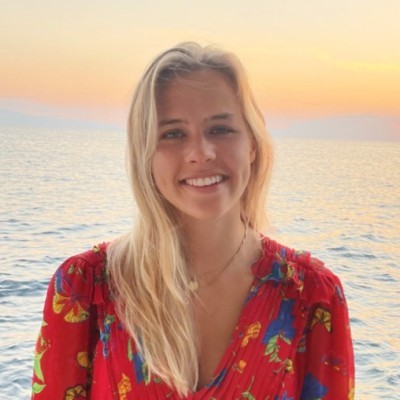
Anais-Marie Berkes
- Scholar
- Germany
- 2023 PhD Computer Science
- Jesus College
“How can AI be used to combat climate change and save the natural world?” I first thought about this as an undergraduate computer science student, conducting research for both ETH Zurich and Cambridge. I studied AI’s role in the transition to clean energy and the adoption of distributed solar production technologies in residential housing.It is my mission to fully leverage the potential applications of AI in the fight against climate change. I will explore how the predictive capabilities, reliability, and multi-variable pattern recognition power of AI can be used to preserve and protect the natural world. My academic focus is informed by my initiatives in sustainable development, notably, employing my ongoing research into the provision of solar energy to schools in Indonesia. As a global ambassador for AI’s potential in environmental protection, I aim to aid economies in their transition into a greener future, actively participate in informing policy-making, and encourage greater cooperation between academia and industry leaders. The possible impacts and applications of my research, and its ability to inspire future generations to fight for a better world, make me incredibly excited to pursue my Ph.D.
Previous Education
Swiss Federal Institute of Technology Computer Science 2023








